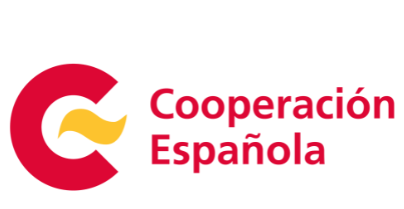All photographs featured in this story are by Kenyan artist Thandiwe Muriu. To learn more about Thandiwe's work, visit her website.
Women drive sustainable development. In their governments, homes, businesses and communities, they are agents of change.
The problem? Around the world, and especially in Africa, our financial systems, our national budgets and our private investments impact men and women differently.
According to the IMF and World Bank, growth in sub-Saharan Africa contracted by 1.7 percent in 2020 and pushed an additional 23 million Africans into extreme poverty. Job losses are widespread. In Gabon, Malawi, Uganda and Zamiba, over 80% of households reported loss of income in 2020. In Kenya and Gabon, over 60% of those surveyed lost their jobs during the pandemic.
These statistics translate to very real results for women: economic downturn and income losses affect women's economic empowerment. These incomes are frequently used to provide food, health care, and other forms of social assistance to families. Women are ultimately hardest hit by a decrease in discretionary income for essential household products and services.
More than a billion women around the world are still unable to access formal financial services. In sub-Saharan Africa, 37 percent of women have a bank account compared to 48 percent of men, a gap that has only widened over the past several years. This disparity is due to women's limited access to education, technology, information, and health services, as well as their high participation in informal activities, unpaid or low-paid jobs, and rising violence against women.
Within government, gender-blind financing strategies can have a negative influence on women's income, while gender-responsive finance mechanisms are rarely employed to mitigate the pandemic's effects on women or to incentivise private sector engagement in their empowerment. Budgetary allocations for women and girls are widely insufficient, and the ability to track spending is hampered by a lack of institutional capacity and gender-sensitive data on development flows.
Women and adolescents find it difficult to influence the finance agenda because their participation in budget allocation at the national and municipal levels, as well as access to decision-making positions, is limited. Over the past 25 years, Africa has registered modest gains in the proportion of political decision-making positions held by women, from 9.8% in 1995 to 24.7% in 2020.
The rights and well-being of African women and girls are harmed by these social, economic, and political constraints. Lack of equal participation in the financial ecosystem limits their ability to fully contribute to and benefit from financial resources dedicated toward sustainable development and COVID-19 recovery.
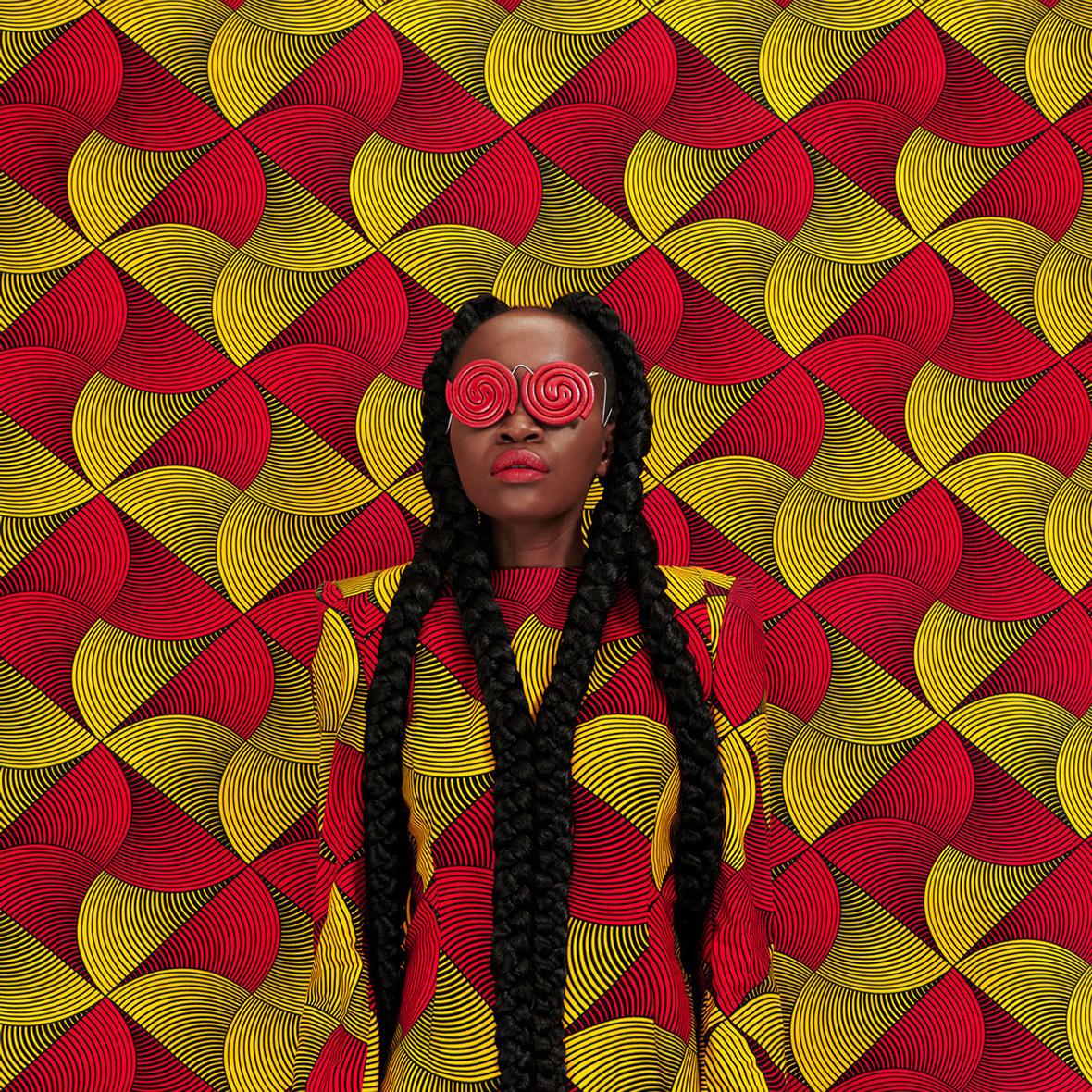
How can INFFs help?
African governments are designing and implementing a wide range of reforms, projects, programmes, financing instruments, platforms and incentives schemes to address structural barriers to women's economic empowerment. African governments are innovating all the time. (The examples below are a testament to this.)
Integrated National Financing Frameworks (INFFs) are helping governments build coherence between these innovations and broader national development financing decisions. They help government target women’s needs and mainstream gender equality into financing processes and systems where gender considerations have historically been absent. They do this through better representation, policies and data.
It’s vital to incorporate women's and girls' needs, realities and demands into finance, trade, debt, governance, technology and innovation. To enable women's full and equal participation and leadership in the economy, resource allocation and investment in gender equality institutions and women's groups at the local, national, regional, and global levels must be prioritised, dedicated, and consistent.
These measures can include increasing access to finance for women-led businesses; developing or strengthening gender-responsive financing policies; encouraging a socially responsible and accountable private sector for women's empowerment; applying a gender lens to debt management policies; promoting gender-responsive budgeting; ensuring the coherence of national planning, costing, and budgeting processes with gender equality objectives; and establishing participatory tools and platforms to enhance women’s engagement in national and sub-national budgeting processes.
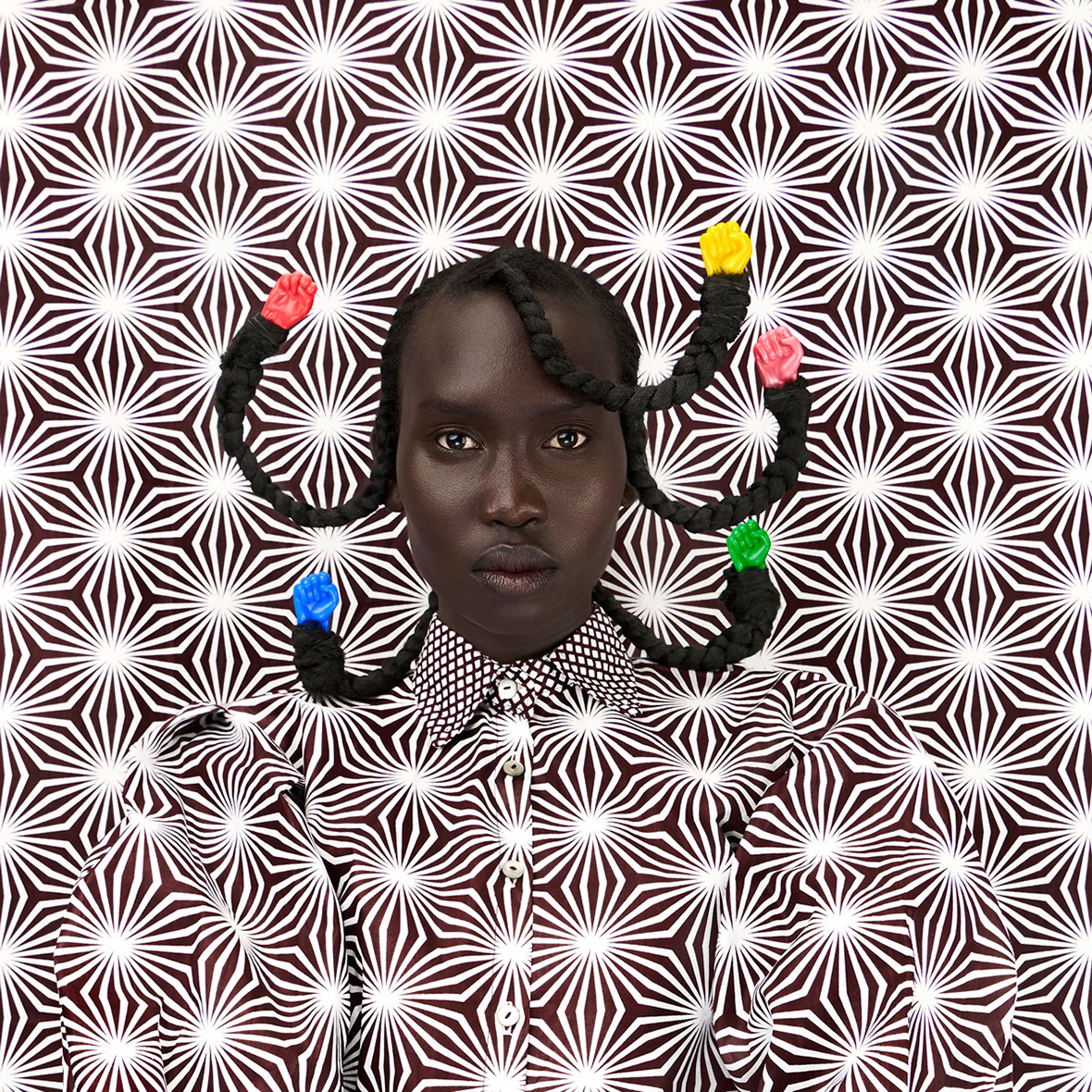
African leadership commit to gender-responsive financing
Despite challenges, African countries have emerged as leading advocates for gender-sensitive financing on the continent and around the world. Since countries began adopting the INFF approach in 2019, African countries have been among the earliest adopters. Africa accounts for about half of the 70+ nations developing and implementing INFFs.
With the support of a network of partners, the SDG Finance and South-South Cooperation team of the UNDP Africa Sustainable Finance Hub is helping governments mainstream women’s empowerment and gender equality into development financing – both within the framework of an INFF and as standalone projects.
In Gabon, Nigeria and Malawi, the government is implementing gender-responsive budgeting to ensure policy commitments related to poverty reduction and gender equality are reflected in budget allocations. Other African countries are developing their own initiatives to address gender-related tax disparities in their tax systems and financing strategies. Tax exemptions are offered in Sierra Leone for a variety of factors linked to gender equality and women's empowerment.
To improve women's access to finance, UNDP Accelerator Labs, in collaboration with Jumia Uganda, developed an online platform to connect consumers with micro, small and medium enterprises (85% of which are owned by working women). The Negocia platform in Cabo Verde is connecting young female entrepreneurs with investors and providing access to seed funding for SDG-aligned businesses.
In Rwanda, the government established a Business Development Fund with a focus on women and youth; and in Zambia, the UNCDF Loan Guarantee Portfolio Facility will provide the majority of its $600,000 in guarantees and technical assistance to women. In Botswana, the Stock Exchange is looking into gender bonds and pushing the adoption of criteria to reduce detrimental gender practices in the workplace.
Riding the wave
“Post-COVID, there’s an awareness that the pandemic affected men and women differently,” said Nabila Aguele, Special Advisor to the Honourable Minister of Finance, Budget and National Planning in Nigeria, in a recent interview.
This growing awareness has opened new doors for political reform. “We are riding that wave and there’s been a really great reaction,” said Nabila of the country’s recent advances in aligning gender inclusion and gender equality with their fiscal policies and public financial management system.
Other African countries are also riding this wave. And they aren’t working alone. In addition to the UNDP Africa Sustainable Finance Hub, partners like UN Women, OECD, GIZ and UNECA, are helping countries capitalise on the renewed urgency for aligning development financing and stimulus packages with gender equality. At the Financing for Development Forum in April 2022, UNDP, UNDESA and the OECD will jointly launch the INFF Facility to meet the growing need for technical assistance and knowledge sharing between countries developing an INFF.
Over the next few years, African countries will progress from developing integrated financing strategies to implementing the policy, regulatory, and instrument reforms indicated within those strategies.
INFFs provide a window to ensure gender checks, gender analysis, gender engagement and gender-disaggregated data feed into financing decisions within both the public and private spheres. They offer a critical opportunity to harness global momentum, to bring gender into the discussion and to orient Africa’s financial systems towards equality.
“I’m a big fan of riding these waves,” said Nabila. So are we, Nabila. So are we!
About the artist
Thandiwe Muriu is a self-taught photographer born and raised in Nairobi, Kenya - a female artist operating in a male-dominated field and despite all odds truly cemented her work amongst the Greats of African Contemporary Art.
Her body of work showcases Africa’s unique mix of vibrant cultures, textiles, beauty norms and succinctly places emphasis on celebrating and empowering the woman. By employing rich, vibrant colours she cleverly celebrates her African heritage and successfully tackles issues surrounding identity and self-perception.
Drawing inspiration from everyday faces and traditional hairstyles, Thandiwe explores the individual’s quest for identity and cultural roots, and in so doing explores her very own identity, first as an Artist/Creator and secondly as a Black Woman. The CAMO series, for instance, represents the African Woman’s tumultuous voyage to reclaim her self-love which is often excluded from beauty standards in her own community.
Thandiwe has previously exhibited her work throughout Europe, won the People’s Choice Award for Emerging Photographer of the Year at Photo London 2020 and the Female In Focus Award by the British Journal of Photography 2021. An undeniable treasure - her work continues to allow audiences to share in her journey as a woman living in modern Africa as she reinterprets contemporary African portraiture.
This year, Thandiwe will be participating in the following solo shows and exhibitions:
- Art Geneva, Switzerland, 3-6th March 2022
- Photo London, UK, 12-15th May 2022
- Photo 2022 Melbourne, Australia, 29th April-22nd May 2022
- Solo Show, 1-54 New York, USA, 12th-22nd May
- Solo show presented by 193 Gallery in partnership with Maison Kitsuné Gallery, New York, 7th July- 4th September 2022
- Group show, 193 Gallery, Venice, Italy, September 2022
To learn more about the artist, visit her website.




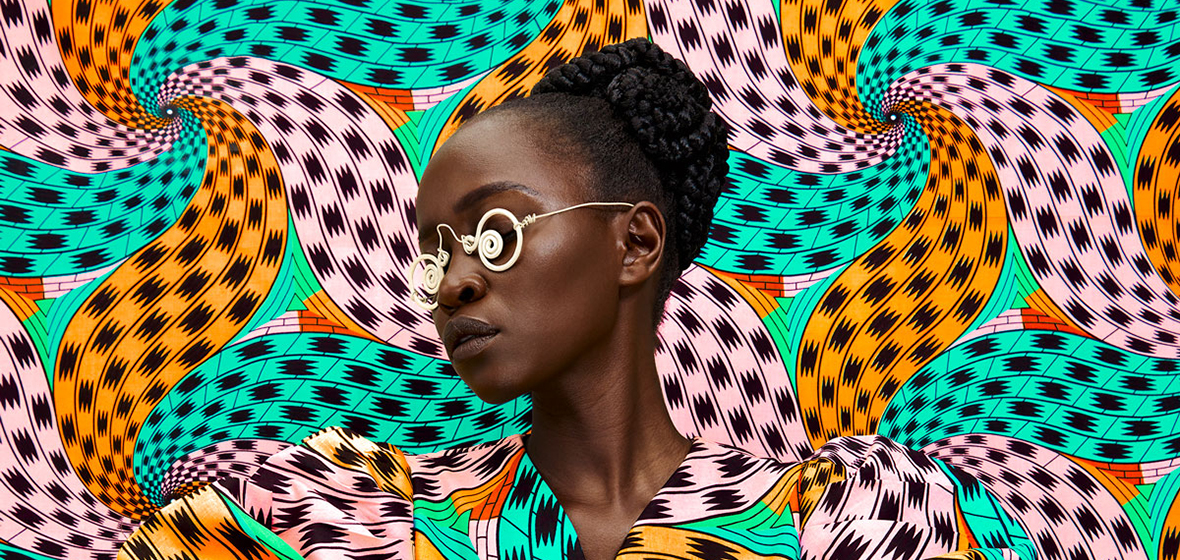
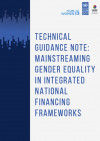


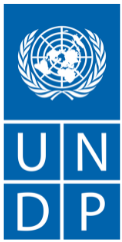

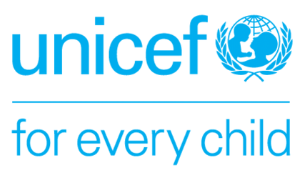

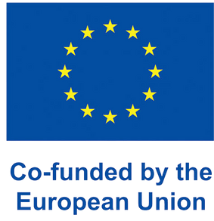
.png)

